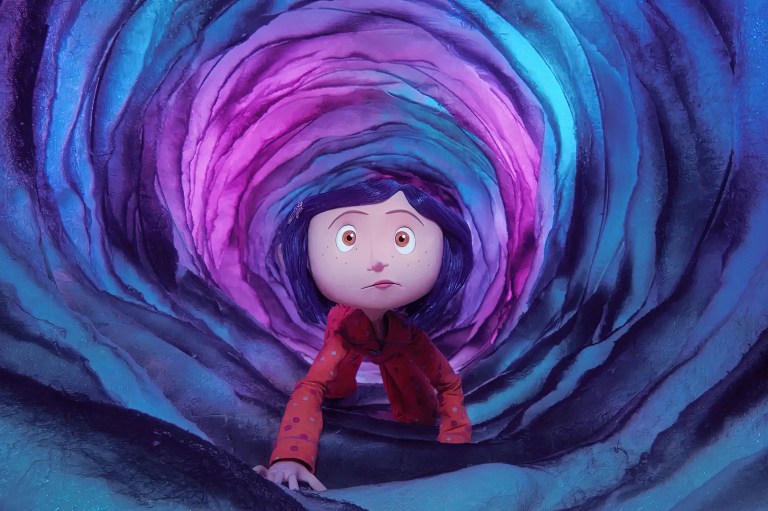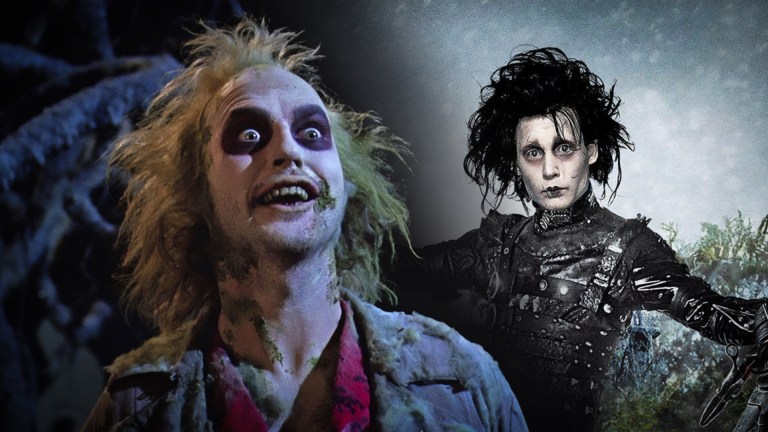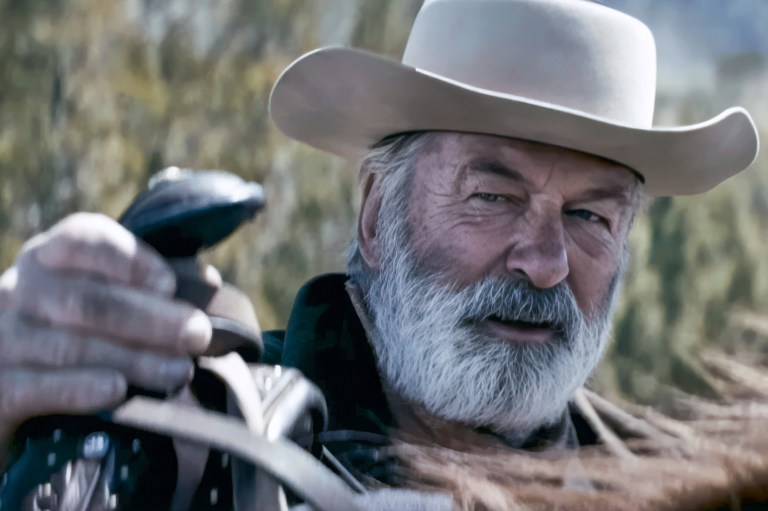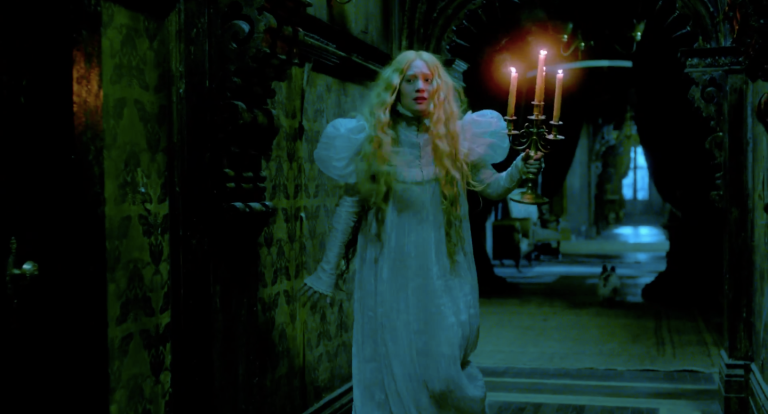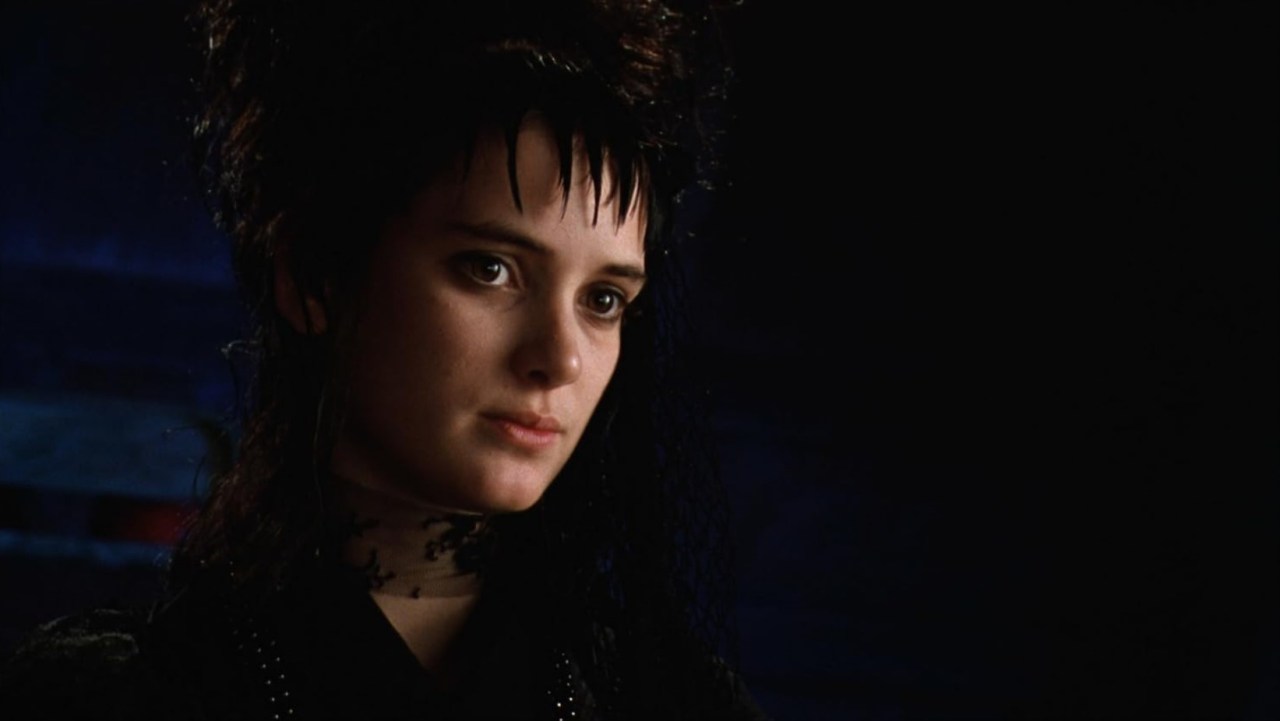
From ‘Wednesday’ to ‘Beetlejuice,’ What Tim Burton’s Lovable Goths Teach Us About Being Different
Tim Burton’s most beloved characters aren’t heroes in the traditional sense — they’re outsiders who turn their oddness into quiet power.
By ![]() Mishal Zafar
Mishal Zafar
From ghost girls to scissor-handed artists, these gothic icons show us that being different isn’t a weakness — it’s where the magic begins.
Tim Burton’s weird, misunderstood characters have always struck a chord with audiences worldwide. Something about those raccoon-eyed misfits just resonates. They’re not exactly typical Hollywood heroes — they lurk in shadows, wear way too much black, and definitely wouldn’t get invited to the cool kids’ table. But that’s exactly why they matter. In this era of Instagram filters and personal brands, Burton’s beloved weirdos remind us that it’s OK to be the odd one out.
Wednesday Addams: Unapologetic Authenticity
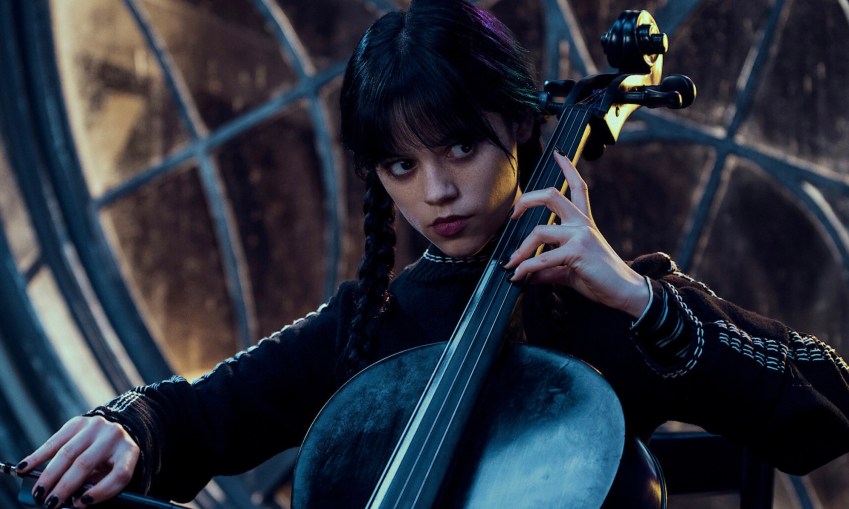
Wednesday Addams stands as the ultimate anti-people pleaser. Especially in Burton’s Netflix take, she exists as the anti-influencer our culture desperately needed. While everyone at Nevermore Academy busies themselves with supernatural drama, Wednesday just… exists, unbothered and unimpressed. No fake smiles, no pretending to enjoy small talk. What makes her so refreshing is that she never undergoes that typical movie “transformation” where she suddenly wears pink and learns to be “normal.” Nope. The world shifts around her instead. And in that is the lesson. Don’t water yourself down. People will either appreciate your particular brand of weird or they won’t — but at least you’ll still be you, black dress and all.
Edward Scissorhands: Vulnerability as Strength

Edward was never built to blend in. His sharp hands and silent demeanor mark him as dangerous, but anyone paying attention sees something else: gentleness, artistry, a longing to belong. What makes Edward unforgettable isn’t the tragedy of his design — it’s how much beauty he creates in spite of it. He sculpts joy into ice and hair and hedges, even as the world misunderstands him. Burton uses Edward to show that vulnerability isn’t weakness. It’s a form of courage — one that carves space for connection, even when your edges might cut.
Lydia Deetz: Finding Your People
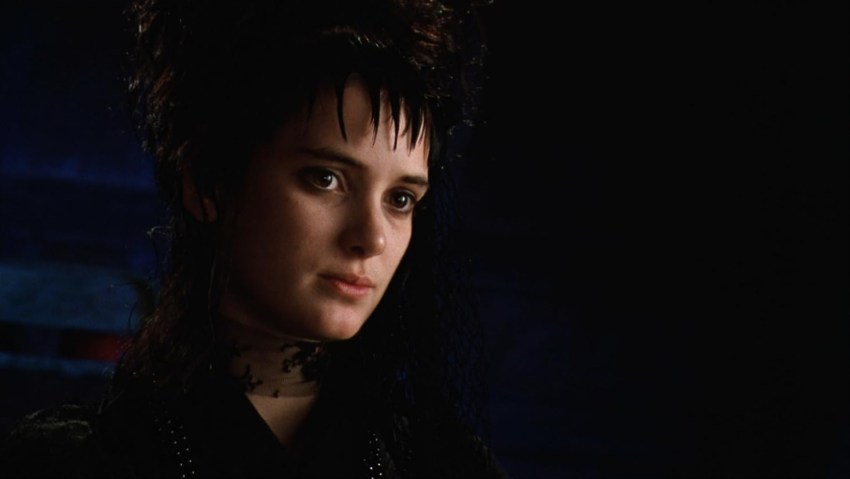
Lydia isn’t haunted by ghosts; she’s haunted by the emptiness of everyone else pretending nothing’s wrong. In Beetlejuice, she’s the only one who sees the dead couple in her house — and the only one who bothers to care. Her black wardrobe and dry wit are shields, but they’re also signals: she’s awake while everyone else is sleepwalking through fake smiles. Lydia finds kinship not by changing who she is, but by embracing it fully. Her story reminds us that being “strange and unusual” can be a way of noticing what the world refuses to see — and finding people who see it too.
Jack Skellington: Embracing Your Nature
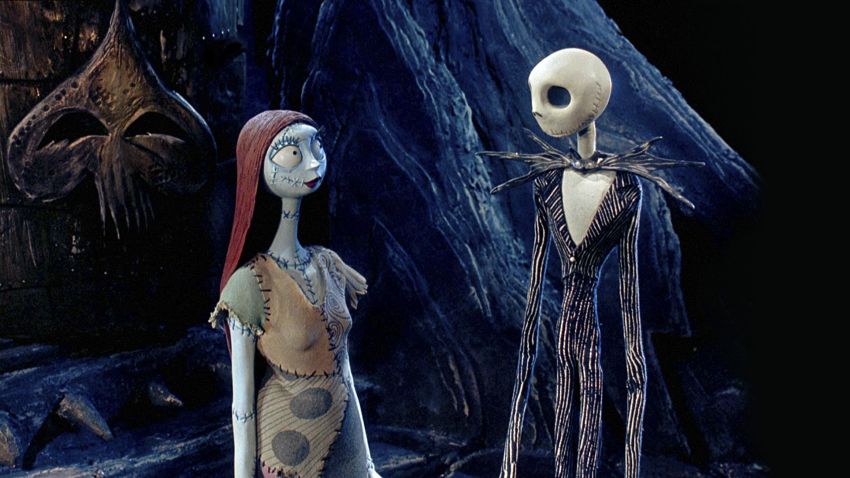
Jack doesn’t hate being the Pumpkin King. He just wonders if there’s something more. When he stumbles into Christmas Town and tries to swap his spooky self for cheer and tinsel, it ends in disaster — but it’s not failure. It’s clarity. Jack learns he doesn’t need to abandon who he is to evolve. He just needs to find new meaning within it. In The Nightmare Before Christmas, Burton uses Jack’s arc to explore what happens when self-discovery gets tangled in reinvention — and shows that we can grow without losing the parts of ourselves that make us come alive.
Beetlejuice: The Freedom of Social Rejection

Beetlejuice is a mess — loud, grimy, totally unfiltered. But in that chaos, he holds up a mirror to every outsider who’s been pushed to the fringes and decided to stay there, unapologetically. His antics are over-the-top and often indefensible, but they come from a place of total freedom. He’s not looking for approval because he’s already been written off. And while he’s far from aspirational, Beetlejuice reveals something oddly empowering: when you stop chasing acceptance, you gain the space to make your own rules. Just be careful not to become the thing you’re trying to escape.
Catwoman/Selina Kyle: Transformation Through Trauma
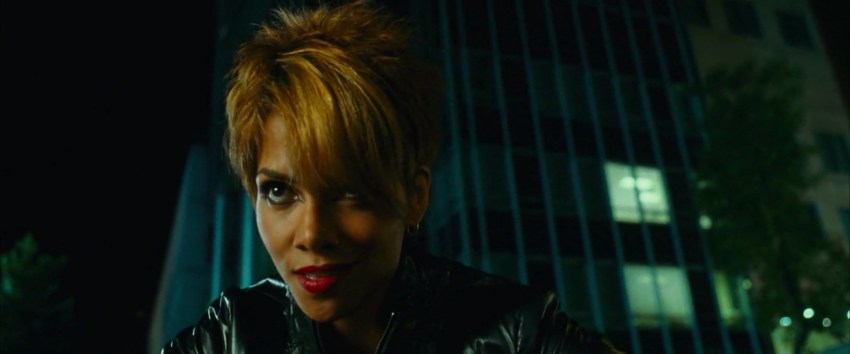
Selina Kyle doesn’t just survive her trauma — she reinvents herself through it. In Batman Returns, Burton’s version of Catwoman is stitched together, both literally and emotionally, from everything society tried to suppress. She doesn’t return to who she was before; she becomes someone new, someone dangerous, someone unignorable. Her transformation isn’t about revenge — it’s about reclaiming space. Selina shows us that breaking can lead to rebuilding, and that the parts of ourselves shaped by hurt can also be the ones that give us power.
Victor Van Dort: Finding Courage in Unlikely Places
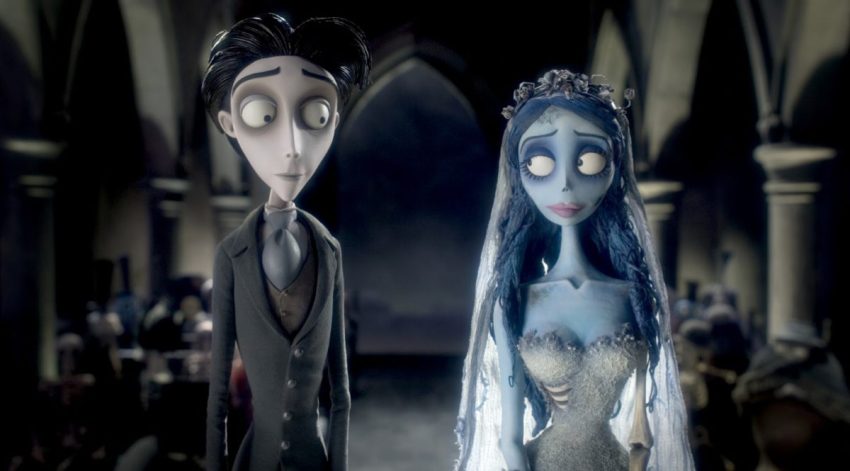
Victor isn’t heroic in the traditional sense. He fumbles over his words, avoids eye contact, and practically trembles at the idea of marriage. But in Corpse Bride, when he’s thrown into the underworld — a place that should terrify him — something shifts. Down among the dead, he finds warmth, creativity, and unexpected courage. Burton flips the script here: the “dark” place is where Victor comes to life. His journey reminds us that sometimes, the spaces we fear are the ones that set us free — and that being afraid doesn’t make you weak. It just means you’re human.
